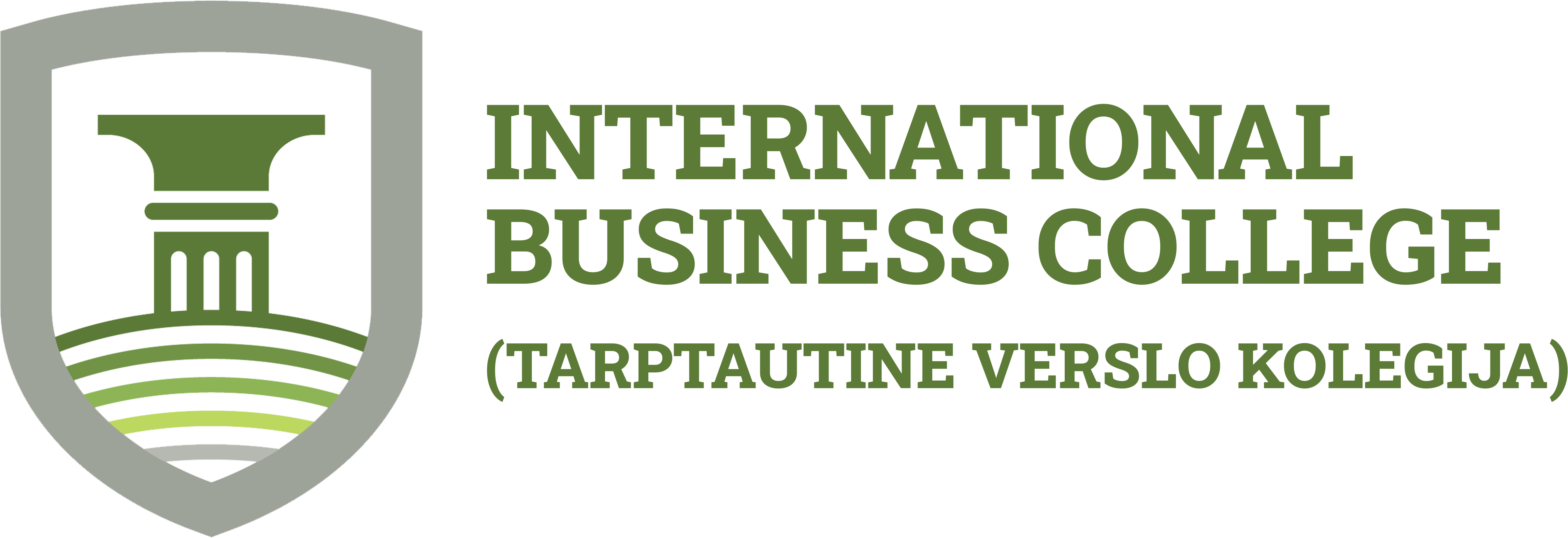Back-end Engineering Course
OBJECTIVES
Enable participants to develop a scalable and reliable backend web applications that can handle high volume concurrent connections, which is the need of modern day web application
- Build strong foundations (ex: OOPS) in entry level engineers thereby making them job ready as per industry requirements. Enable them to learn new technologies by applying foundation paradigms
- By the end of the program participants will be become an industry-ready engineer who can be readily deployed in a project
MODULE TOPICS
Express Framework – Building scalable web applications
- Foundation paradigms (OOPS | Design Patterns | Object Modelling | JSON | AJAX)
- Database and MongoDB
- Node.js
- Data Exchange (HTTP | Websockets)
- Development Environment & Tools
- DISHA (Resume & Interview prep package)
Express Framework
Module Objectives:
- Building Strong expertise on Express framework to develop responsive web application
- Implement MVC and responsive design to provide unified and intuitive user experience across PC, tablet and Mobile Phone
Overview:
This course provides you strong foundation on Express framework driven by hands-on experience and exposure to develop responsive web application using MVC design pattern. During the course, you should be able to builds strong background about Express and Node.js architecture, usage of services and applying Node.js concept to develop frontend application supported by backend web servers.
Platform:
- Linux (Fedora / Mandriva / Ubuntu) or Windows Host system
- Firefox, Chrome
Prerequisites:
Academic level web application knowledge
Delivery method:
Instructor lead, hands-on exercises backed with assignments and mini project
Detailed course contents:
- Introduction to Express Framework
- Introduction to Nodejs
- What is Nodejs
- Getting Started with Express
- Your first Express App
- Express Routing
- Implementing MVC in Express
- Middleware
- Using Template Engines
- Error Handling
- API Handling
- Debugging
- Developing Template Engines
- Using Process Managers
- Security & Deploymen
Node.js Module Objectives:
- Building Strong expertise on Node.js core to develop web application
- Implement web application and deployment
Overview:
This course provides you strong foundation on Node.js driven by hands-on experience and exposure to develop NodeJS based application and deployment. During the course you should be able to builds strong background about Node.js architecture, usage of services and applying Node.js concept to develop frontend application supported by backend web servers.
Platform:
- Linux (Fedora / Mandriva / Ubuntu) or Windows Host system
- Firefox, Chrome
Prerequisites
Academic level web application knowledge
Delivery method:
Instructed lead, hands-on exercises backed with assignments and mini project
Detailed course contents:
- Getting started
- Node Core
- Node Modules
- File System
- Debugger
- Automation and Deployment
MongoDB
Module Objectives:
- Building strong expertise in Document Oriented Non-Relational Database Management System
- Implement frontend and backend scenarios to read, write and update data stored in MongoDB
Overview:
This course provides you hands-on experience and exposure to implement frontend and backend scenarios to read, write and update data using MongoDB. This course builds strong foundation for web application development based on client-server architecture.
Platform:
- Linux (Fedora / Mandriva / Ubuntu) or Windows Host system
- Firefox, Chrome
Prerequisites:
Academic level web application knowledge
Delivery method:
nstructor lead, hands-on exercises backed with assignments and mini project
Detailed course contents:
- Introduction to MongoDB
- MongoDB Environment
- MongoDB Create Database
- MongoDB Drop Database
- MongoDB Create Collection
- MongoDB Drop Collection
- MongoDB Read Operations
- MongoDB Write Operations
- MongoDB Data Modelling
- MongoDB Administration
- MongoDB Security
- MongoDB Aggregation
- MongoDB Indexes
- MongoDB Storage & replication
Foundation Paradigms
Module Objectives:
- To become proficient in OOPS, Design Patterns and Data Modelling concepts
- At the end of the course candidates will learn the concepts and their practical applications
Overview:
This course is targeted for fresh engineers or professional who want to build competency in the Object-Oriented Programming.
We focus on understanding OOPs concepts and its applications.
Platform:
- Linux (Fedora / Mandriva / Ubuntu) or Windows Host system
- Firefox, Chrome
Prerequisites:
Academic level web application knowledge
Delivery method:
Instructor lead, hands-on exercises backed with assignments and mini project
Detailed course contents:
- OOPs
- Design Patterns
- Object Oriented Design
- JSON
- DOM
- AJAX
Data Exchange – Course modules
Hyper Text Transfer Protocol (HTTP)
Module Objectives:
- Developing single page application using Express Framework
Overview:
This course provides you hands-on experience and exposure to developing web application using HTTP. This course build strong foundation of HTTP based request and response scenarios which will help developer to build efficient web applications.
Platform:
- Linux (Fedora / Mandriva / Ubuntu) or Windows Host system
- Firefox, Chrome
Prerequisites:
Academic level web application knowledge
Delivery method:
Instructor lead, hands-on exercises backed with assignments and mini project
Detailed course contents:
- Introduction to HTTP
- HTTP Parameters
- HTTP Messages
- HTTP Request
- HTTP Response
- HTTP Methods
- HTTP Status Code
- HTTP Header Fields
- Registration
- HTTP Authentication
- HTTP Caching
- HTTP URL Encoding
- HTTP Security
WebSockets Objectives:
- Building strong expertise in WebSockets
- Implement frontend and backend scenarios using WebSockets
Overview:
This course provides you hands-on experience and exposure to use WebSockets in frontend and backend scenarios. This course builds strong foundation for web application development based on client-server architecture.
Platform:
- Linux (Fedora / Mandriva / Ubuntu) or Windows Host system
- Firefox, Chrome
Prerequisites:
Academic level web application knowledge
Delivery method:
Instructor lead, hands-on exercises backed with assignments and mini project
Detailed course contents:
- Introduction to Web sockets
- Web socket URIs
- Web socket APIs
- Opening Handshake
- Data Framing
- Sending and Receiving Data
- Closing the Connections
- Error Handling
- Web socket Security
- Deployment Considerations
- Project
